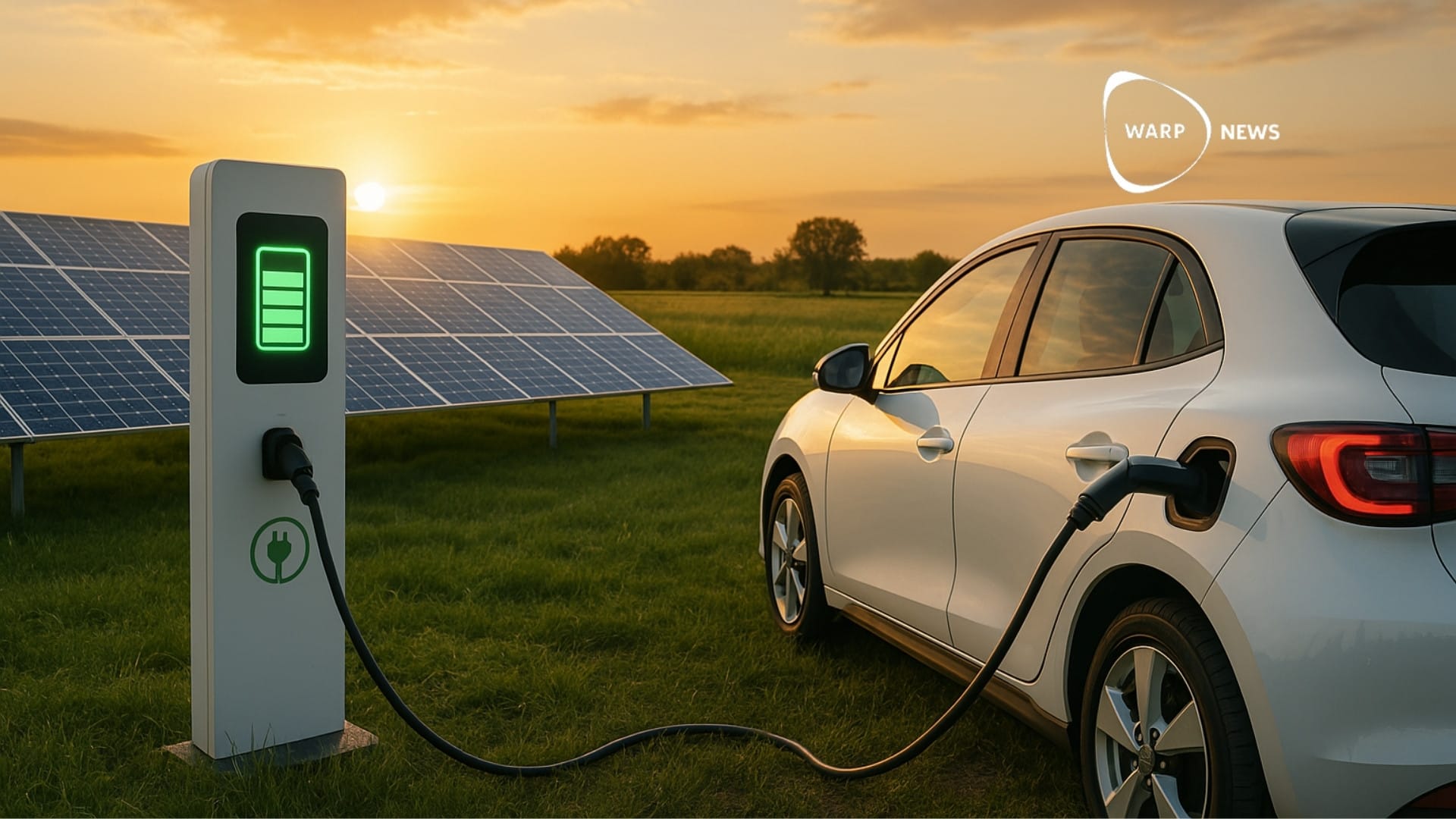
🐮 New mask for cows helps reduce greenhouse gas
This mask captures and converts the highly potent greenhouse gas methane.
Share this story!
Cows exhale methane gas, a greenhouse gas that has more than 80 times the warming power of carbon dioxide over the first 20 years after it reaches the atmosphere. One cow can exhale about 220 pounds of methane in a year. In order to address this problem, the startup Zelp has developed a mask that captures the greenhouse gas directly at the source.
CEO of Zelp, Francisco Norris, and his brother and co-founder, Patricio, come from a cattle-ranching family in Argentina. He says to Fast Company:
“Because of our background in livestock farming, we knew that cattle exhale most of the methane through their mouth and nostrils, so the obvious approach was to work on a device that would capture these emissions at the source.”
Zelp’s mask sits directly on the cow's nose. In the mask, there is a sensor, and when it detects methane levels past a certain point, the technology draws the gas into the mask. After that, a mechanism oxidizes the methane, turning it into CO2 (which is less potent) and water vapor. Norris explains:
“The process effectively [reduces] the animal’s emissions to less than two percent of their original value.”
After Zelp got the mask to function properly, there was still one problem left. The brothers were highly concerned about if the mask was comfortable and practical for cows to wear.
“We want to design a device that is comfortable for the animal to wear, does not interfere with the animal’s normal behavior, and does not impact the animal in any way,” Norris says.
The mask is in its final production state, and Zelp wants it to last four years on an animal without needing to be recharged or changed. It’s intended to be available on the market in 2022.
Using this mask is cheaper per ton of reduced methane compared to other solutions. Unlike seaweed additives, the mask doesn’t alter the cow’s microbiology. Zelp's mask can be used on grazing cows as well as those eating cattle feed. Farmers can even use the device to monitor for diseases.
As long as we incorporate beef and dairy in our diets, solutions like this are necessary to diminish the environmental effects and make a sustainable future come sooner.
Picture: Zelp
By becoming a premium supporter, you help in the creation and sharing of fact-based optimistic news all over the world.


